The story of Solomon, the legendary king of Israel, remains one of the most fascinating narratives in ancient history. His reign, often referred to as the golden age of Israel, is shrouded in both historical accounts and mythological tales. From the construction of the First Temple in Jerusalem to his famed wisdom and wealth, Solomon's legacy continues to captivate scholars and enthusiasts alike. The intertwining of religious significance and political prowess makes his story a cornerstone of Israel's historical and cultural identity.
Solomon's Rise to Power was anything but straightforward. As the son of King David and Bathsheba, his ascension to the throne was marked by court intrigue and rivalries. Despite being younger than his half-brothers, Solomon was chosen as David's successor, a decision that sparked controversy. Yet, once crowned, he quickly consolidated his rule, eliminating opposition and establishing a centralized monarchy. His early reign was characterized by diplomatic marriages and alliances, which expanded Israel's influence across the region.
The construction of the First Temple stands as Solomon's most enduring achievement. This monumental project not only served as a religious center for the Israelites but also symbolized the unification of the kingdom under his rule. The Temple, adorned with gold and precious materials, became a testament to Israel's wealth and divine favor. According to biblical accounts, its dedication was marked by a divine presence, reinforcing Solomon's reputation as a ruler blessed by God.
Wisdom and Governance were hallmarks of Solomon's reign. The famous story of the two women claiming motherhood of the same child showcases his shrewd judgment and ability to discern truth. Beyond folklore, his administrative reforms divided the kingdom into districts, improving governance and tax collection. Trade flourished under his rule, with Israel becoming a hub for commerce between Egypt, Phoenicia, and Mesopotamia. His alliances, particularly with the Phoenician king Hiram, brought unprecedented prosperity.
However, Solomon's legacy is not without controversy. His extensive harem, which included foreign wives, drew criticism for leading him toward idolatry. The heavy taxation and forced labor required for his grand projects sowed seeds of discontent among the northern tribes. After his death, these tensions erupted into a division of the kingdom, marking the end of a united Israel. Despite this, Solomon's influence endured, shaping Jewish, Christian, and Islamic traditions.
The Queen of Sheba's visit is another legendary episode tied to Solomon. Whether historical or mythical, the tale of a powerful queen journeying to test his wisdom speaks to his far-reaching reputation. Their encounter, rich with cultural exchange and intellectual challenge, has been immortalized in art and literature across centuries. Some traditions even suggest a romantic liaison, further blurring the lines between history and legend.
Modern archaeology continues to search for evidence of Solomon's grandeur. While some findings, like the remains of ancient copper mines, hint at the economic activities of his era, others remain elusive. The lack of definitive proof has led to debates among historians about the extent of his kingdom's wealth and influence. Yet, the symbolic power of his name persists, inspiring countless works of art, literature, and even political discourse in contemporary Israel.
Solomon's literary contributions, particularly the books of Proverbs, Ecclesiastes, and Song of Solomon, reflect his philosophical depth. These texts explore themes of wisdom, mortality, and love, offering timeless insights. Whether authored by him or attributed to his legacy, they remain integral to biblical canon and Western thought. His portrayal as both a triumphant king and a reflective sage adds layers to his complex character.
In today's Israel, Solomon's legacy is ever-present. From the ongoing archaeological pursuits to the political symbolism of a united kingdom, his story resonates deeply. The Western Wall, believed to be a remnant of the Second Temple built on his original site, draws millions of pilgrims yearly. His name evokes pride and nostalgia, embodying an era when Israel stood as a powerful and enlightened nation.
The enigma of Solomon endures because it transcends mere historical record. He represents the pinnacle of Israel's ancient glory, a figure whose wisdom and flaws humanize him. Whether through scripture, history, or legend, his impact is undeniable. As scholars continue to unravel the truths behind the myths, Solomon remains a defining symbol of Israel's rich and multifaceted heritage.
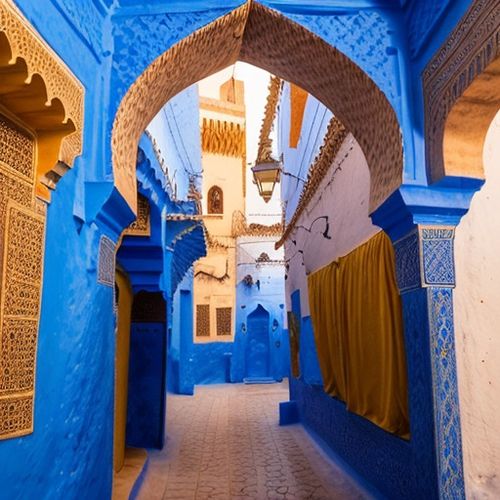
By Grace Cox/Apr 28, 2025
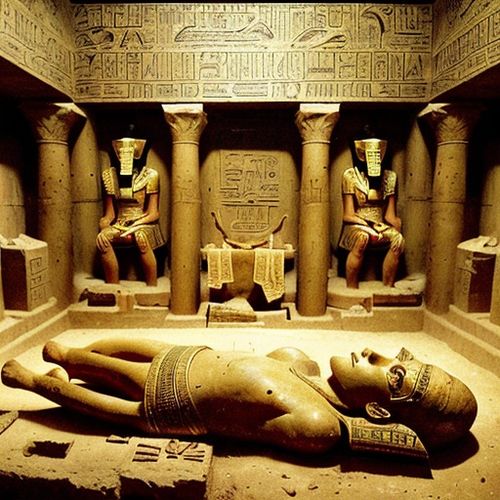
By Emma Thompson/Apr 28, 2025
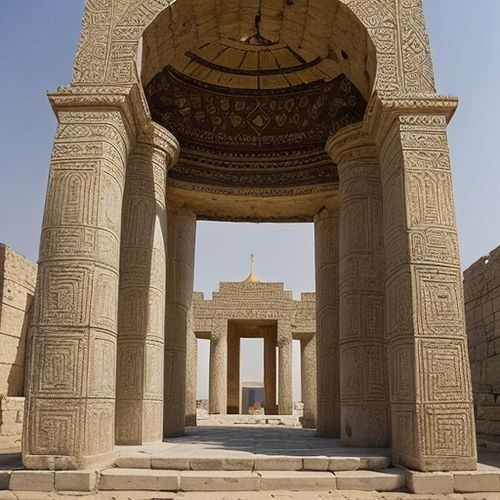
By Christopher Harris/Apr 28, 2025
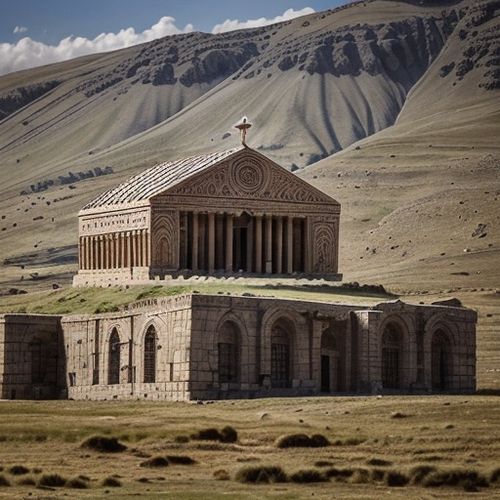
By Lily Simpson/Apr 28, 2025

By Olivia Reed/Apr 28, 2025
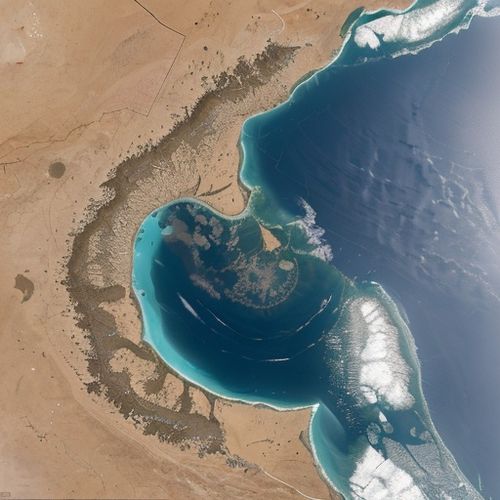
By Christopher Harris/Apr 28, 2025
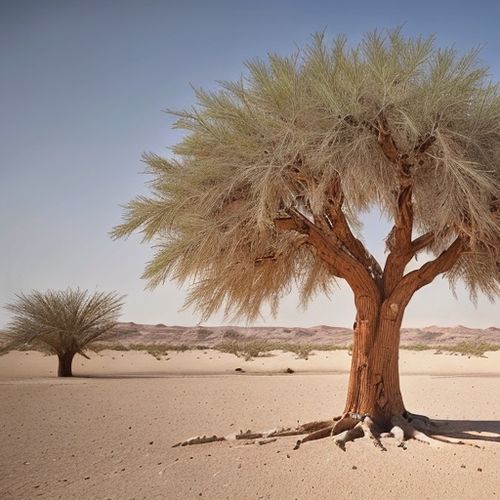
By Amanda Phillips/Apr 28, 2025

By Daniel Scott/Apr 28, 2025
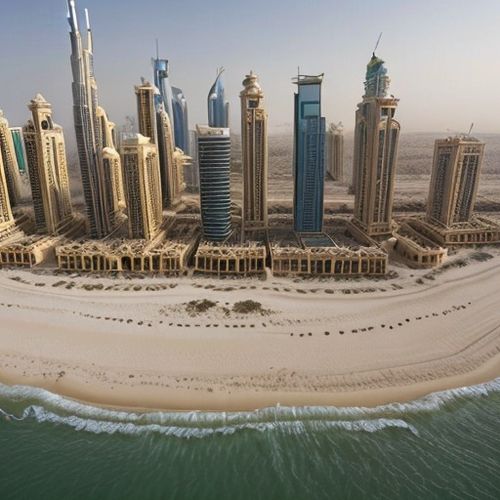
By Jessica Lee/Apr 28, 2025
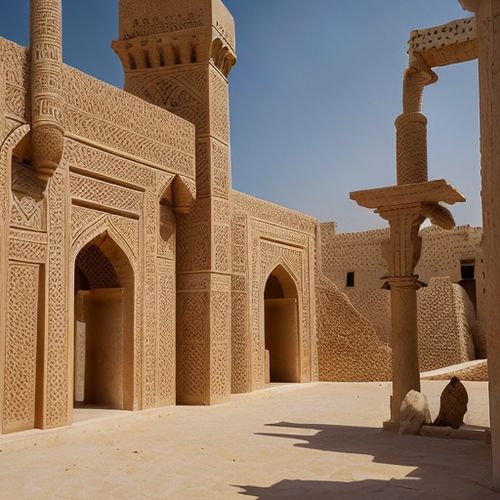
By James Moore/Apr 28, 2025
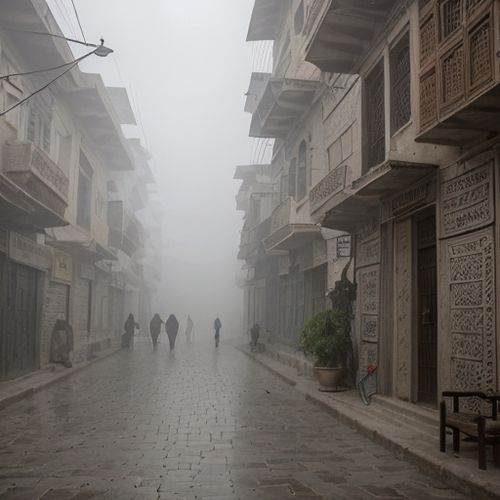
By Grace Cox/Apr 28, 2025
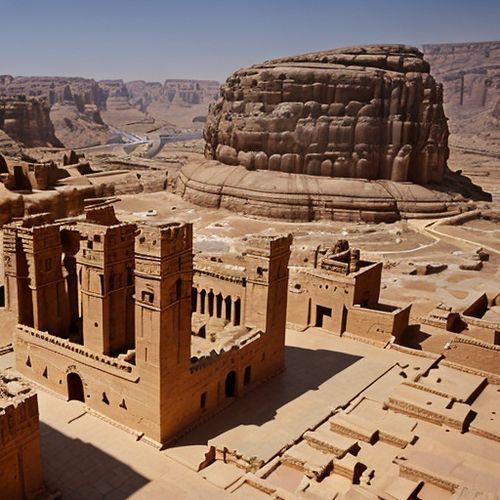
By Emily Johnson/Apr 28, 2025
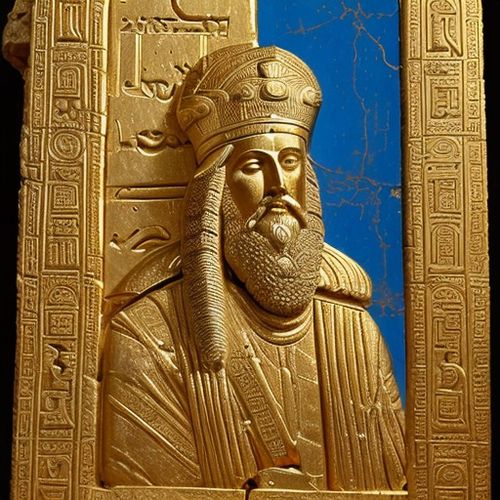
By Thomas Roberts/Apr 28, 2025
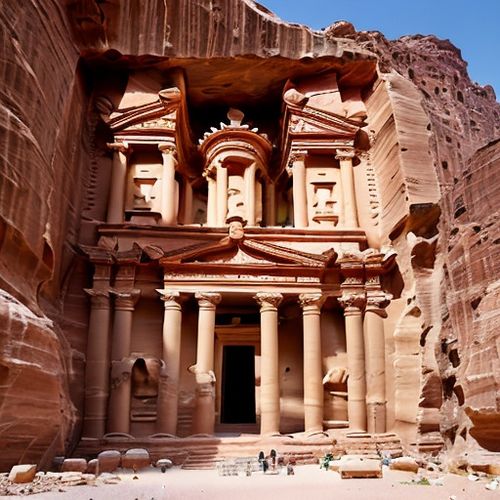
By Amanda Phillips/Apr 28, 2025
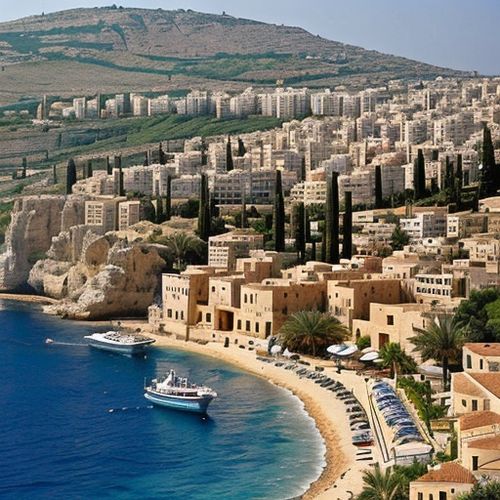
By Daniel Scott/Apr 28, 2025
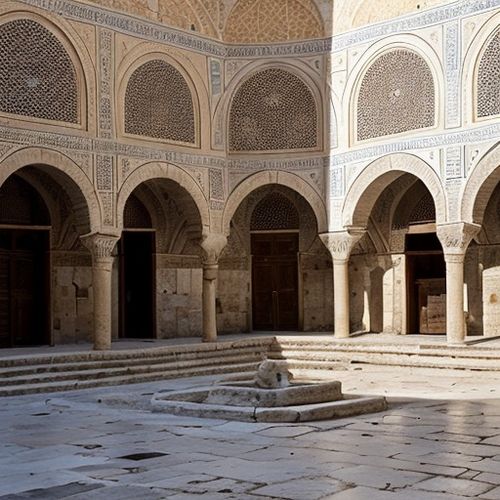
By William Miller/Apr 28, 2025
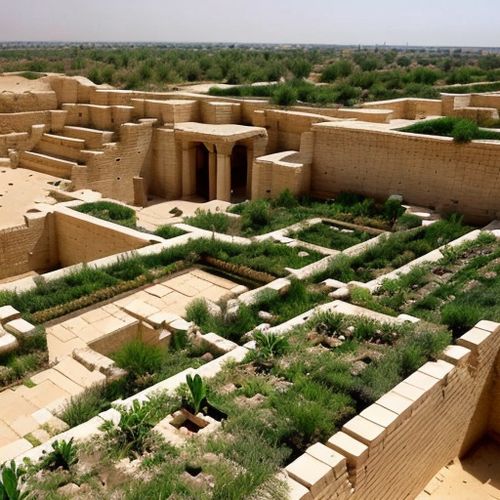
By Joshua Howard/Apr 28, 2025
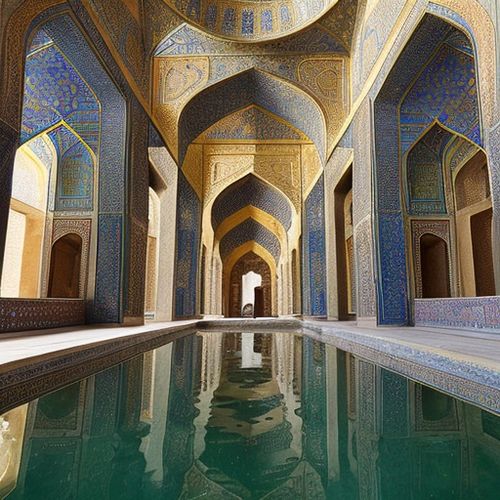
By Amanda Phillips/Apr 28, 2025
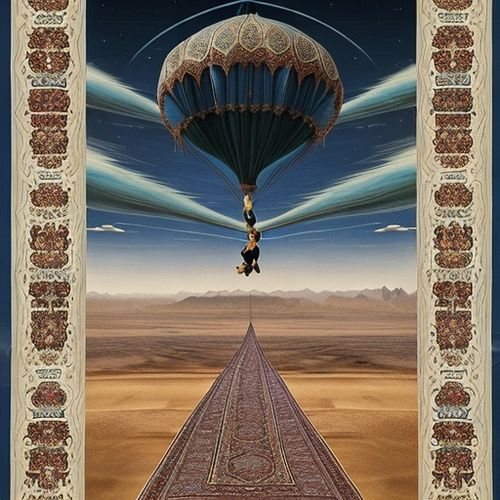
By Natalie Campbell/Apr 28, 2025
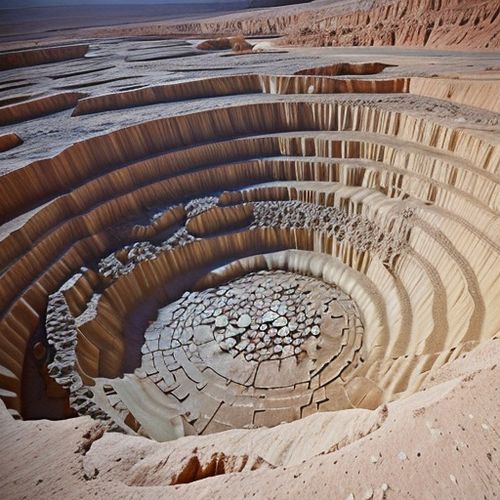
By Natalie Campbell/Apr 28, 2025